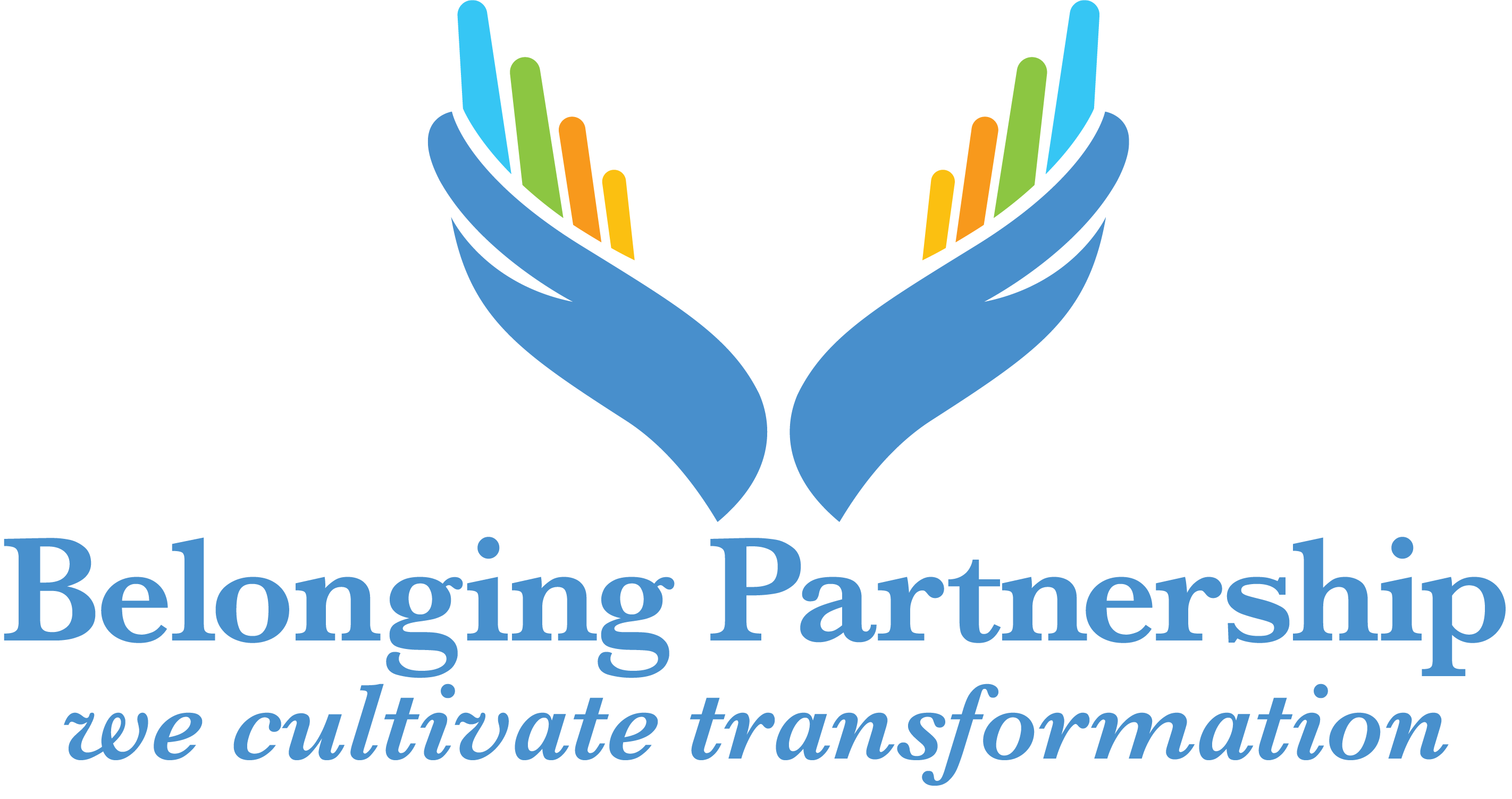Group therapy is a transformative form of psychotherapy often used in conjunction with individual therapy because the improvements that participants can make from participating in a well facilitated group experience can’t be obtained in individual therapy. Group therapy brings together individuals facing similar struggles to experience to create a safe and supportive environment to share their thoughts, feelings, and experiences and gain connection, community and collective healing.
Dr Grange Isaacson, who has been facilitating groups since 1994 remains in awe of the power of group therapy. “I find it remarkable that patients who are unable to feel self compassion through individual therapy can often quickly connect and identify with others in a group therapy setting and once they identify with someone in group they feel compassion for that person. Inevitably, the patient then considers that they are just like their fellow group members and then are able to find their own self compassion which enables the change they are seeking.”
Beyond the therapeutic benefits of shared emotional support, group therapy offers unique opportunities for personal growth, social learning, and improved communication skills, making it a vital component in mental health care.
Building a Sense of Community and Belonging
One of the most significant advantages of group therapy is the strong sense of community it fosters. Mental health challenges such as depression, anxiety, and trauma often leave individuals feeling isolated, misunderstood, and disconnected from the world around them. Group therapy breaks isolation by creating a community of people who are dealing with similar issues. Within this supportive space, individuals are given the chance to hear others talk about experiences that resonate with their own struggles. This realization — that they are not alone in their pain — can be deeply comforting and empowering.
The bonds formed in group therapy create an environment where empathy, understanding, and shared healing become possible. Group members learn to offer each other encouragement and support, providing feedback and sharing experiences that can be incredibly meaningful. This mutual validation helps reduce the sense of loneliness many people feel when grappling with their mental health challenges. It also creates a space where trust and vulnerability flourish, allowing members to be honest about their emotions and experiences without fear of judgment or rejection. The sense of belonging within the group serves as a crucial foundation for healing, particularly for individuals who have struggled to find support elsewhere.
Learning Through Shared Experiences
Group therapy presents a unique opportunity for learning, as participants can gain new perspectives by listening to others’ experiences. When group members share their stories, insights, and coping mechanisms, it often resonates with others in the group who are going through similar struggles. For example, someone coping with anxiety might discover a new technique for managing panic attacks through a peer’s firsthand account of what worked for them. This practical knowledge, rooted in shared experiences, can be invaluable and often provides concrete strategies that individuals can integrate into their own lives.
Moreover, hearing others talk about their personal journeys encourages deeper self-reflection. Participants frequently hear someone describe a thought pattern, emotional response, or coping mechanism that mirrors their own experiences in ways they hadn’t realized. This reflection can lead to greater self-awareness and deeper insights into one’s own behavior and emotions. These moments of realization are often turning points in therapy, allowing for breakthroughs in understanding and processing deeply rooted issues. Additionally, the diversity of perspectives within a group means that each individual is exposed to a variety of coping strategies, viewpoints, and life lessons, expanding their ability to handle challenges in new ways.
Developing Communication and Social Skills
For many individuals, mental health challenges can interfere with their ability to communicate effectively and in some cases to maintain healthy relationships. Group therapy offers a safe environment where participants can take safe facilitated social risks, practice and improve their social and communication skills and do so in a controlled and supportive setting. The group dynamic encourages individuals to express their thoughts and emotions openly, teaching them how to articulate their feelings in a way that is both authentic and constructive.
As individuals share and respond to each other, they learn how to listen actively, offer empathetic feedback, and learn healthy wasy to manage interpersonal conflicts that may arise. Communication challenges and conflicts are simply part of the human experiene and having the opportunity to learn best practices in communication and how to deal with conflict in a safe group setting sets participatns up for more meaningful less stressful relationships outside of the gorup setting. Humans are formally educated to learn many other difficult things in life and outside of therapy there is little opportunity to learn these skills. Without this we only have the models that we grew up with in our families and most families have blind spots.
The group setting serves as a microcosm of social interactions in the outside world, offering opportunities to recognize and modify unhealthy patterns of communication. For instance, someone who tends to dominate conversations might learn to step back and give others a chance to speak, while a more introverted member might gain confidence in expressing themselves more openly. These skills translate directly into participants’ daily lives, helping them build healthier relationships with friends, family, and colleagues.
Moreover, group therapy fosters an environment where individuals can confront social anxieties or fears of judgment in a supportive, non-threatening way. For someone who struggles with social anxiety, simply attending and participating in a group can be an empowering act. Over time, members often find that they are able to engage in social situations with greater ease and confidence. As they practice new ways of interacting with others, they build the interpersonal skills necessary for healthier and more fulfilling relationships beyond the therapy room.
Accountability and Motivation
A key feature of group therapy is the accountability that comes from being part of a group. In individual therapy, progress may sometimes feel slow or difficult to measure, but in a group setting, individuals are motivated to stay committed to their goals because they know others are following their journey. When group members share their progress, challenges, and setbacks, it creates an environment of mutual accountability. Members encourage each other to stay on track and provide motivation to continue working toward positive change.
Additionally, group therapy offers a powerful source of inspiration and hope. Witnessing others make progress in their healing journeys can ignite a sense of optimism, especially for those who are feeling stuck or struggling to see improvement. The collective energy and shared commitment of the group act as a motivator, pushing individuals to confront their fears and stay engaged in their own therapeutic journey.
This sense of accountability also encourages honest self-reflection. Individuals are more likely to confront their challenges and be transparent about their struggles when they know they are sharing their progress with others who are rooting for them. The group dynamic reinforces the idea that healing is a shared process, and that the support and encouragement of others can be a powerful catalyst for change.
Emotional Support and Validation
Group therapy provides a safe and emotionally supportive environment where participants can receive validation for their feelings. Often, people who struggle with mental health issues feel misunderstood or invalidated by those around them, especially if friends, family members, or coworkers do not fully grasp the nature of their struggles. In a group therapy setting, however, individuals find solace in the fact that others not only understand but have experienced similar emotions and challenges. This shared emotional experience leads to deep levels of understanding and empathy.
Validation is a crucial aspect of healing, as it helps people accept their emotions and experiences as real and significant, rather than dismissing them or feeling ashamed. When participants hear others describe feelings of sadness, anger, or frustration that echo their own, they feel more comfortable exploring and expressing their emotions. The group setting provides a buffer of safety, where individuals can be vulnerable without fear of judgment. This emotional validation strengthens their ability to cope with difficult emotions and fosters a sense of self-compassion.
Cost-Effective and Accessible Therapy
Group therapy is often more affordable than individual therapy, making it an attractive option for individuals who need mental health care but may not have the financial means to afford one-on-one sessions. This makes mental health support more accessible, particularly for those who might otherwise go without therapy due to financial constraints.
In addition to being cost-effective, group therapy can be more accessible in other ways. Some individuals may feel intimidated or vulnerable in a one-on-one setting with a therapist, especially if they are new to therapy. For these individuals, group therapy can serve as an entry point to treatment, as the presence of others can alleviate the pressure of being the sole focus of attention. The collective nature of group therapy offers a less intimidating way to engage with the therapeutic process, making it an ideal option for those hesitant to seek help through traditional methods.
Conclusion
Group therapy is a vital and transformative approach to mental health care that offers unique benefits beyond those of individual therapy. By fostering a sense of community, providing opportunities for learning through shared experiences, and creating a space for personal growth, group therapy helps individuals develop the tools and resilience needed to cope with life’s challenges. Through the collective wisdom and support of peers, participants can gain new perspectives, improve communication skills, and find hope and motivation in their journey toward healing. Whether used as a standalone treatment or in conjunction with individual therapy, group therapy has the power to create lasting, positive change in the lives of its participants.

At Belonging Partnership, we offer compassionate psychotherapy services to support individuals in making sense of life’s challenges, focusing on communities disproportionately affected by trauma and frequently underserved by mental health resources. Our telehealth-based services are available to clients across California and New York, providing flexible, highly skill care. Our mission to create inclusive, accessible mental health support for all. Schedule your appointment here.
